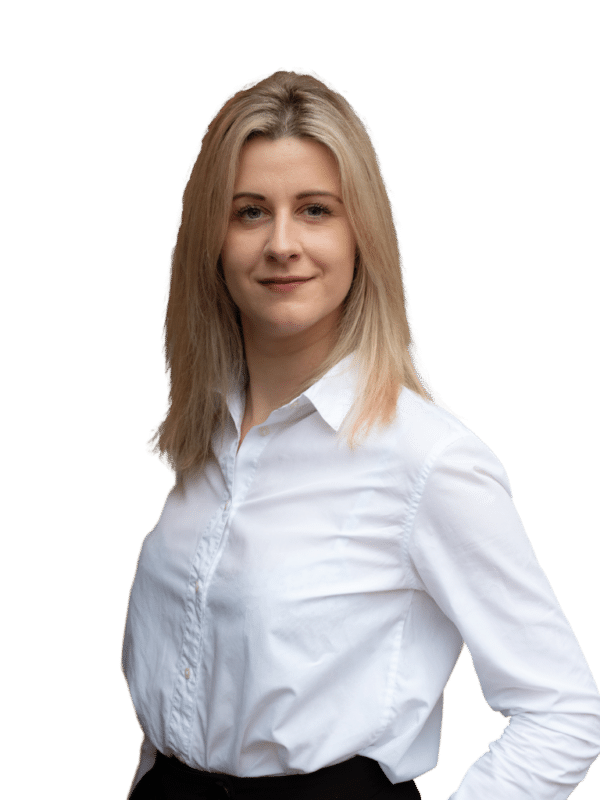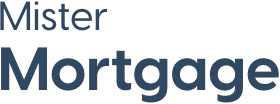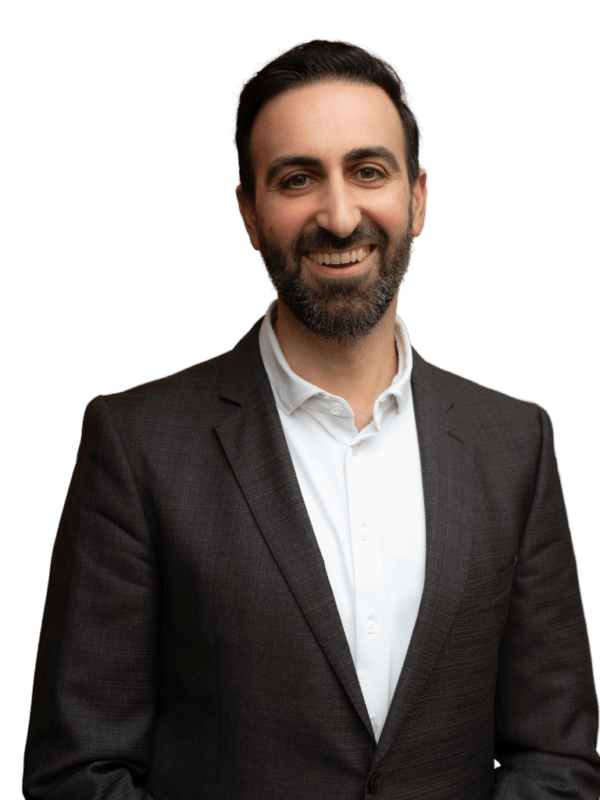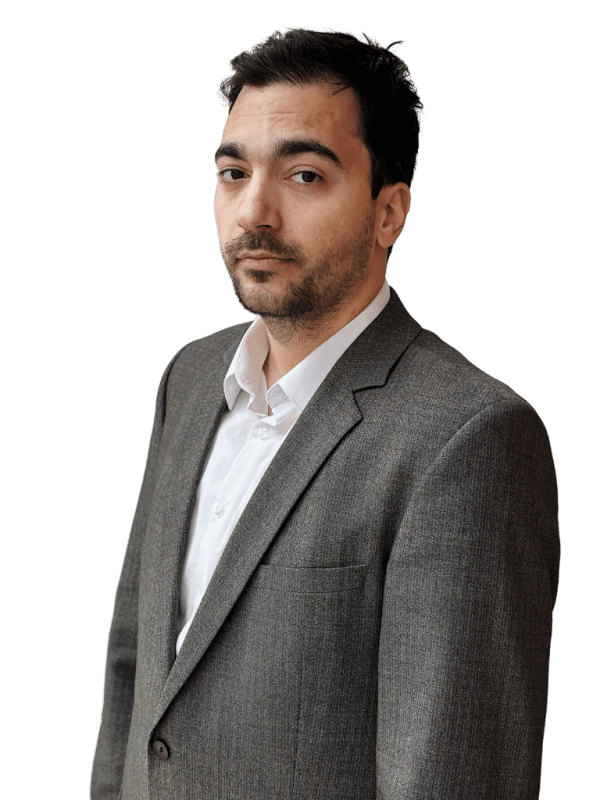
Which type of mortgage fits my needs the best?
There are three types of mortgage you can choose from linear, annuity, and interest only.
-
If you expect your income to decrease or are interested in paying off the mortgage as quickly as possible, you should choose a linear mortgage. Your monthly payments will decrease over time as the interest diminishes.
-
If you expect your income to increase, you should opt for an annuity mortgage. You primarily pay the interest at the beginning of the mortgage period, which is tax-deductible, meaning your payments are usually lower in the first years of your mortgage.
-
In an interest-only mortgage, you only repay the interest on the mortgage, leaving the total debt to be repaid at the end of the term. You should choose this option if you expect that your assets will be sufficient to cover the entire mortgage.
Which bank should I choose as my mortgage lender?
Our mortgage specialist chooses the mortgage lender depending on your needs and financial position. Each bank has its lending requirements, and each lender may charge a different sum and interest rate. We begin by learning about your financial condition and goals before recommending two or three lenders who fit your financial wishes the best.
Which type of interest rate is the best for me?
There are two types of interest rates in the Netherlands: fixed interest rates and floating interest rates. You can fix your interest rate for one year, five years, or twenty years, or choose not to lock it and have a floating interest rate when applying for a mortgage.
If the loan has a fixed interest rate, that rate won't change during the loan's life. The interest rate will change during the loan if it has a floating interest rate, also known as a variable interest rate.
What happens after the fixed interest rate period?
Before the fixed-rate period, your lender sends you a proposal with a new interest-rate offer. You can always refinance your rate with a different mortgage provider or stick with the same one as the fixed interest rate period ends.
Do I have to pay a deposit or bank guarantee?
When a seller accepts your bid, the next step is to secure a deal by signing a purchase agreement. In addition, you must pay a 10% deposit.
You can get a bank guarantee or pay the deposit from your resources. Your mortgage broker can set up a bank guarantee if you have less than 10% of the required money. A third party pays a fixed fee to finance a security deposit.
What is the NHG?
NHG, or Nationale Hypotheek Garantie, is a unique Dutch system that aims to protect you and your mortgage lender. The NHG safety net covers your mortgage if you cannot make mortgage payments in events such as a partner's death, a divorce, unemployment, or a disability. Only properties under € 435,000 as of 1 January 2024 qualify for an NHG mortgage.
Which closing fees and when do I need to pay?
When buying a property in the Netherlands, you must pay closing fees, including all services and expenses required to secure a mortgage. Here's a list of expected closing costs:
-
Purchase price
-
Transfer fee ( if applicable)
-
The real estate agent ( if applicable)
-
Bank guarantee ( if applicable)
-
Translator
-
Mortgage brokerage fees
-
A valuation report
-
Notary fees
-
Renovation, movable goods, or additional charges ( if applicable)
How long it takes to approve a mortgage?
The mortgage application process can take 5 to 10 days, depending on the mortgage lender.
Are mortgage repayments free of charge?
Mortgage lenders ( banks) have different rules for mortgage repayments. You can make additional mortgage repayments for as much as 10% of the total amount per year, and you may be charged a fee if you want to pay back more than 10% of the initial loan.
When I get the mortgage interest tax benefit: monthly or yearly?
If you have a linear mortgage that you repay over 30 years or an annuity mortgage, you are eligible for a mortgage interest tax benefit. You can get the mortgage interest tax benefit yearly with your annual tax return.
Schedule a complimentary introductory call with our mortgage specialists. We specialize in mortgages for expats and are dedicated to navigating you through the home-buying process.
-
Get clarity on your financial possibilities.
-
Access to a trusted network.
-
Highly competitive rates and flexible terms.
-
English translations of bank documents are shared.

- 100% Independent Advice




